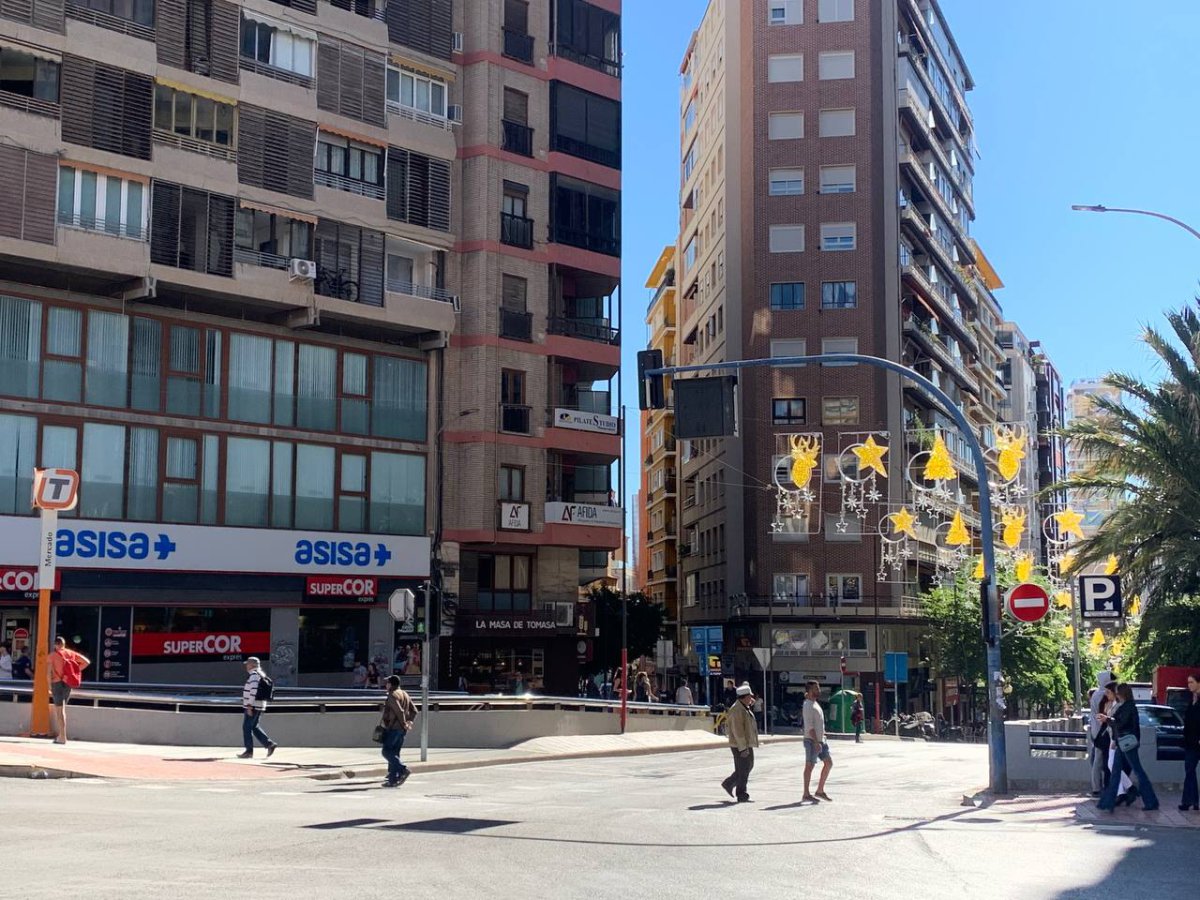Healthcare in Spain: What you need to know being a visitor or an expat in Spain

Spain is one of the healthiest countries: see the reasons why
Spain is considered one of the healthiest and most favorable countries to live in due to its inherent sunny and warm climate and Mediterranean health cuisine as well as due to its effective healthcare system. These factors taken together make the country attractive for elderly people to spend their retirement here. More so, many people who have chronic diseases, especially of the respiratory system, claim that they were able to improve their state and thus quality of life after moving to Spain.
As stated in the happylife.es article the healthcare system in Spain is advanced and ranks high on the global level. Namely, the healthcare system was ranked #7 out of 89 countries on the global rank from the Health Care Index in 2019, and it was #3 rank in Europe behind Austria and Denmark. While the Spanish social security system allows access to all healthcare services for locals at no cost, it is recommended that non-residents and ex-pats acquire private health insurance. More so, private health insurance will be beneficial to those who need special medical care or want to get premium medical services without having to wait in lines for scheduling appointments. In addition, private healthcare coverage makes it easier for ex-pats and visitors to arrange an appointment with an English-speaking doctor.
Do you need to buy healthcare coverage?
Residents who live and work in Spain pay official income and social security taxes that are directed to cover public healthcare services. However, in case you are ineligible for public healthcare insurance, you can either apply for private health insurance coverage or pay for each visit and treatment separately on the occasion you need it. Also, you can apply for convenio especial, which is a state-run scheme that provides basic social security and healthcare coverage on a paid basis.

Application for state healthcare
If you are a resident eligible for state healthcare insurance, then the first thing to do is to register with your local authorities. For this, you need to register your residence address on the Padron. After that, you will receive your certificate of registration, empadromiento, which is needed for applying for a healthcare card. Another document that is necessary for getting a healthcare card in Spain is your social security number. SSN is usually issued by the employer. However, if your employer haven’t issue your social security number, you can get it from the local Tesoreria General de la Seguridad Social (TGSS), a local social security office whose address you can find on the website of the local government.
Once you have all the needed documents and receive your healthcare card, TIE, you can register with a doctor at your healthcare facility. You can choose any general practitioner (GP) for yourself or pediatrician for your kids from your local healthcare facility. However, you will need referral from your GP or pediatrician in case you need to see a narrower specialist.
In fact, your TIE card is proof that you have legit healthcare coverage in Spain. Whenever you need to see a doctor or use any of public health service, or even buy prescribed medicines from a pharmacy, you can show this card and receive the needed service or medications.
Benefits of Spanish public healthcare
- Overall high quality, well-trained medical personnel
- Well-developed network of healthcare facilities, which are ranked high on the global level
- Coverage of beneficiary’s direct family, including spouse, dependents below 26 years old, and even siblings.
Drawbacks of Spanish public healthcare
- Long lines for visits and treatment from narrow medical specialists, various treatment procedures, and surgeries
- Inability to choose a desirable doctor from any other facility except for the one you are registered with based on your place of residence
- Lack of English-speaking personnel at public healthcare facilities
- Incomplete range of healthcare services covered (e.g. dental care is not covered by public health insurance)
Getting private healthcare coverage in Spain
Normally, private healthcare coverage is not necessary. However, it is better to know why it can be a good idea to have one. Generally, private health insurance allows you to avoid long waiting lines for scheduling an appointment with specialist as well as use additional healthcare services. Providers of private health insurance offer a wide range of types and coverage plans; thus, you can opt for a package that will suit specifically your needs and circumstances.
If you are visiting Spain, you obliged to have basic health insurance even on the stage of applying for Spanish visa. In this case, you can either buy travel health insurance or apply for Spanish private health insurance online. If you are a citizen of any EU country, you can enter Spain having EHIC card that grants health coverage within the European Union. Still, foreigners have to check whether their health insurance package covers the same risks and offers equal health protection in Spain as in the home country.
When you apply for a private health insurance in Spain, keep in mind that local providers know the healthcare system and how it works; thus, they will be able to advise you what your insurance covers and what package you may consider to buy additionally. For example, you may want to have dental services covered, while they are not covered under most public and travel insurance – you may consider buying a package that will allow you to get dental services when needed at no additional cost.
Private health insurance providers in Spain

If you decide to buy private health coverage, we advise you to choose health insurance provided based on the range of medical services covered within the package rather than the price of the health insurance plan. The reason why you shouldn’t go after solely insurance price is that you may have to overpay more in case of emergency when that certain service is not covered by the insurance you purchase.
There is a wide selection of healthcare coverage plans that range from low-cost insurance that covers basic services to more extended health insurance plans. The health insurance plan and its price may vary depending on the health insurance provider. You can check which plans are offered by different providers online on their websites. Also, the price of health insurance plan will vary and depend not only on the company but also on the person’s age, gender, health condition and requirements for coverage.
You can expect the price to vary from €50 to €200 a month for one person. However, the price per person will be lower if you buy a bundle insurance package for the whole family.
The most popular and trusted providers of health insurance coverage are:
- Adeslas
- Asisa
- Sanitas
Before going to the health insurance provider for consulting, you can check and compare their offerings online, using the following resources:
These resources can help you compare plans, what services are covered, as well as their price based on your preferences.
Emergency numbers and useful contact to remember
- 112 – General emergency number Spain & Europe
- 092 – Number for the local police in Madrid & SAMUR ambulances
- +34 629 823 493 – HM Hospital Emergency Contact (24/7/365)
- 901 123 456 – Quirónsalud (24/7/365)
- 091 – Spanish national police
- 061 – ambulance (“ambulancia”)
- 913 664 616 – On-duty pharmacy
If you have any questions or require any assistance with dealing with health insurance registration, finding a suitable health insurance provider, registering for public or private insurance, you can always contact us. We will help you with any questions and advise on all steps you need to take to get your healthcare coverage in Spain.